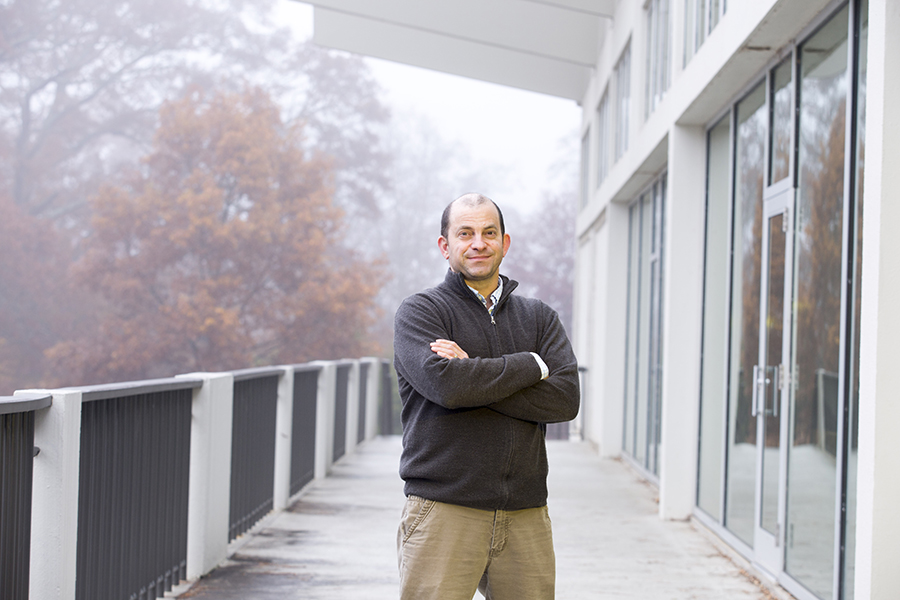Ramos Awarded Second Discipline Fellowship

In February 2020, Stephen Ramos was awarded the UGA Provost’s Office Study in a Second Discipline Fellowship for the Spring/Fall 2021 semesters for his research project, “Regional Praxis: Howard W. Odum, Planning, and the Southern Imaginary.” Ramos received generous support from the UGA Willson Center for Humanities & Arts as he developed the proposal.
Howard Odum was from nearby Bethlehem, GA, but his home institution was the Department of Sociology at the University of North Carolina - Chapel Hill, where he established the Institute for Research in Social Science in 1924. One of his sons, Eugene, would go on to establish what is now the Odum School of Ecology here at UGA.
Ramos chose to pursue this project because “Regionalism was buzzing nationally and internationally in the cultural and intellectual debates of the interwar period (1917-1940). But there’s a gap separating broader U.S. regional planning history from southern regionalism, which requires a critical understanding of Odum’s work to help bridge the two,” stated Ramos. Planning historians John Friedmann and Clyde Weaver observe that, “There has never been an adequate investigation of Howard Odum’s part in laying the foundation of American planning … Odum’s essential contributions have been all but passed over”. Thus far, southern history and historical sociology have a more complete assessment of Odum’s regionalism. In researching these fields, Ramos hopes to then contribute to that era of regional planning history.
As per the intention of the Fellowship, Ramos’s second discipline of study will be in History. He will work with Professor Stephen Berry and Professor James C. Cobb, the B. Phinizy Spalding Professor Emeritus, in the UGA Franklin College Department of History. Ramos also plans to participate in the department’s interdisciplinary “Dirt History” workshop that focuses on agriculture, environment, and capitalism, and reconsiders southern history in conversation with its broader global context.
